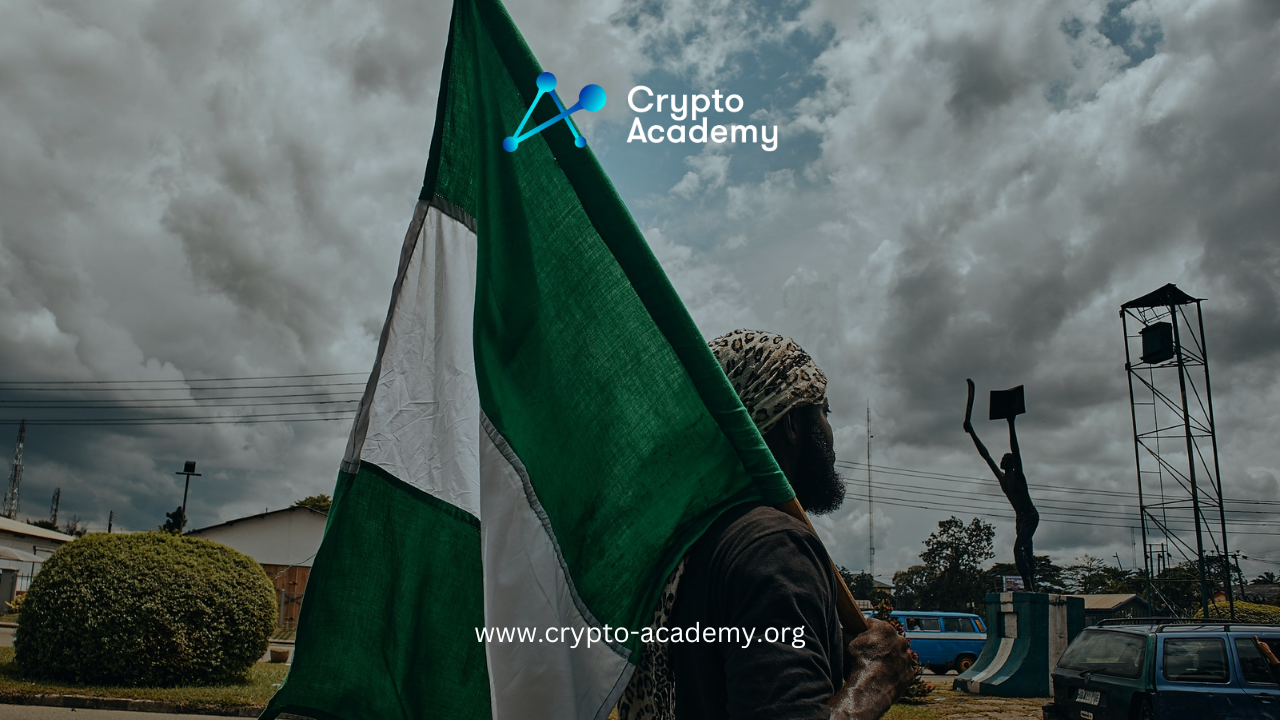The Nigeria House of Representatives, focusing on financial crimes, has called upon Richard Teng, the CEO of Binance, to address concerns over $26 billion in suspected illicit transactions through its local peer-to-peer (P2P) exchange. This action is part of Nigeria’s broader strategy to dismantle parallel foreign exchange markets, which have been causing disparities in the perceived value of the Nigerian naira.
The request for Teng’s appearance comes in the wake of the Nigerian government’s detention of two Binance executives, signaling a wider clampdown on cryptocurrency exchanges operating in the country. Officials have criticized Teng for his failure to engage with them previously, warning that continued non-compliance could lead to legal action against Binance.
Regulatory Clampdown and Demands for Accountability
Ginger Onwusibe, a key figure in the scrutiny, emphasized that Binance’s operations cannot go unchecked, especially when over 10 million Nigerians use the platform. Onwusibe highlighted the necessity for Binance to contribute taxes and establish a physical presence in Nigeria to facilitate customer service and complaint resolution. This stance underscores a firm move away from a period where crypto exchanges operated with minimal local oversight.
Richard Teng, who previously worked in central banking, assumed leadership at Binance following a transition period marked by regulatory penalties for money laundering against the exchange. His ascension came after Changpeng Zhao, the former CEO, faced legal issues related to money laundering charges in the United States, which prevented him from returning to his residence in the United Arab Emirates.
Binance’s Operational Challenges Amidst Global Scrutiny
Binance is navigating through turbulent times, with the plea deal involving Zhao necessitating enhanced regulatory oversight for continued operation. The platform recently saw the departure of several key executives, including those in counter-terrorism roles, as part of the fallout from regulatory actions in the United States.
Nigeria’s recent actions against Binance are part of broader financial market reforms introduced by President Bola Tinumbu since his election in mid-2023. The Nigerian central bank’s adjustment of fiat currency exchange rates in February aimed to alleviate foreign investor concerns. These reforms have spotlighted Binance P2P Nigeria and similar exchanges as contributing factors to the naira’s devaluation, accusing them of facilitating illegal parallel crypto forex trading.

